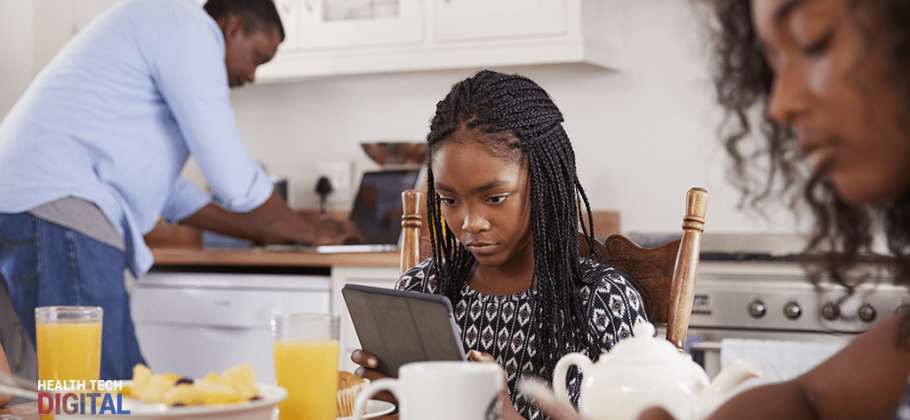Chief Medical Officers in the UK are urging children to cut down on their screen time to create a healthy attitude to electronic devices. Some of the ways that they advise children to cut down on screen time include banning mobile phones at bedtime, no screens during dinner time and ensuring that kids have a break from any screen-based activity every two hours.
Furthermore, the officers advise that the technology industry must do more to keep kids safe online. This comes after there have been links between a teenager who committed suicide and her exposure to harmful material on Instagram. The Health Secretary for England, Matt Hancock, has planned to meet the Instagram bosses to discuss the handling of suicide and self-harm content.
The Chief Medical Officer for the UK, Professor Dame Sally Davies said that it was clear that children were being exposed to harmful content. Furthermore, she explained that social media companies have a duty of care to keep children safe, with the correct enforcement of age limits and restrictions on harmful content.
However, Dame Sally did also explain that so far there is no evidence which suggests a link between screen activities and mental health issues. She adds that digital technology can be a force for good, with the assistance for online learning and the ability to help people to manage health conditions.
Screen time and mental health links?
A team of academics were enlisted to scour all of the available research relating to screen time and mental health. Their research concluded that there was no proven link. However, some of the research did show an association between screen-based activities and increased risk of anxiety and depression.
Ultimately, the results were inconclusive as those with mental health problems may be more likely to increase their use of devices.
Until further research has been conducted, caution surrounding screen-based activities is advised
Recommendations for families
As well as banning phones at bedtime and removing screens at dinnertime to encourage families to talk, other guidance included talking as a family about being safe online and cyber-bullying.
Other recommendations for parents include policing their own use of digital devices and providing children with the proper attention as well as making sure no one in the family uses a phone when crossing the road or any other activity the requires full attention.
Positive content pushing?
Dame Sally also offered recommendations to social media companies in a bid to reduce the negative content and push positive content. One of her suggestions included creating better algorithms that promote positive content. This has been conducted in a similar style for those looking for material that could potentially radicalise them.
It was suggested that a similar approach might help people searching for self-harm content. Dame Sally also added that if social media companies do not act, then ministers will have to step in with appropriate legislation.
Feedback from technology companies
- Twitter said the service had introduced 70 changes to make it safer and healthier
- Facebook said it wanted young people to feel safe online
- Facebook and Instagram have introduced a new tool to help people see how much time they were spending online.













